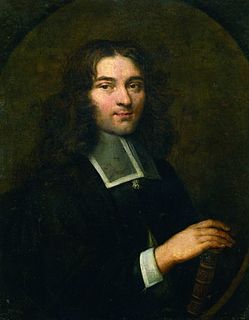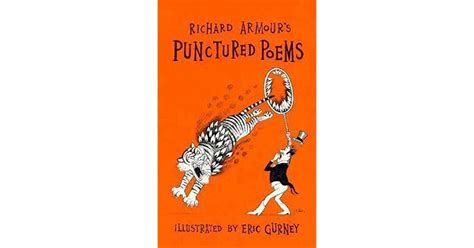A Quote by Herbert Butterfield
It has been said that the historian is the avenger, and that standing as a judge between the parties and rivalries and causes of bygone generations he can lift up the fallen and beat down the proud, and by his exposures and his verdicts, his satire and his moral indignation, can punish unrighteousness, avenge the injured or reward the innocent.
Related Quotes
We are in the society of the teacher-judge, the doctor-judge, the educator-judge, the 'social-worker'-judge; it is on them that the universal reign of the normative is based; and each individual, wherever he may find himself, subjects to it his body, his gestures, his behavior, his aptitudes, his achievements.
To judge sins is the business of one who is sinless, but who is sinless except God? Who ever thinks about the multitude of his own sins in his heart never wants to make the sins of others a topic of conversation. To judge a man who has gone astray is a sign of pride, and God resists the proud. On the other hand, one who every hour prepares himself to give answer for his own sins will not quickly lift up his head to examine the mistakes of others.
Man's main task in life is to give birth to himself, to become what he potentially is. The most important product of his effort is his own personality. One can judge objectively to what extent a person has succeeded in his task, to what degree he has realized his potentialities. If he has failed in his task, one can recognize this failure and judge it for what it is - a moral failure.
The master in the art of living makes little distinction between his work and his play, his labor and his leisure, his mind and his body, his information and his recreation, his love and his religion. He hardly knows which is which. He simply pursues his vision of excellence at whatever he does, leaving others to decide whether he is working or playing. To him he's always doing both.
What’s that poem again?” Will, who had been twirling his empty teacup around his fingers, stood up straight and declaimed: “Each spake words of high disdain, And insult to his heart’s best brother—” “Oh, by the Angel, Will, do be quiet,” said Charlotte, standing up. “I must go and write a letter to Aloysius Starkweather that drips remorse and pleading. I don’t need you distracting me.” And, gathering up her skirts, she hurried from the room. “No appreciation for the arts,” Will murmured, setting his teacup down.
































